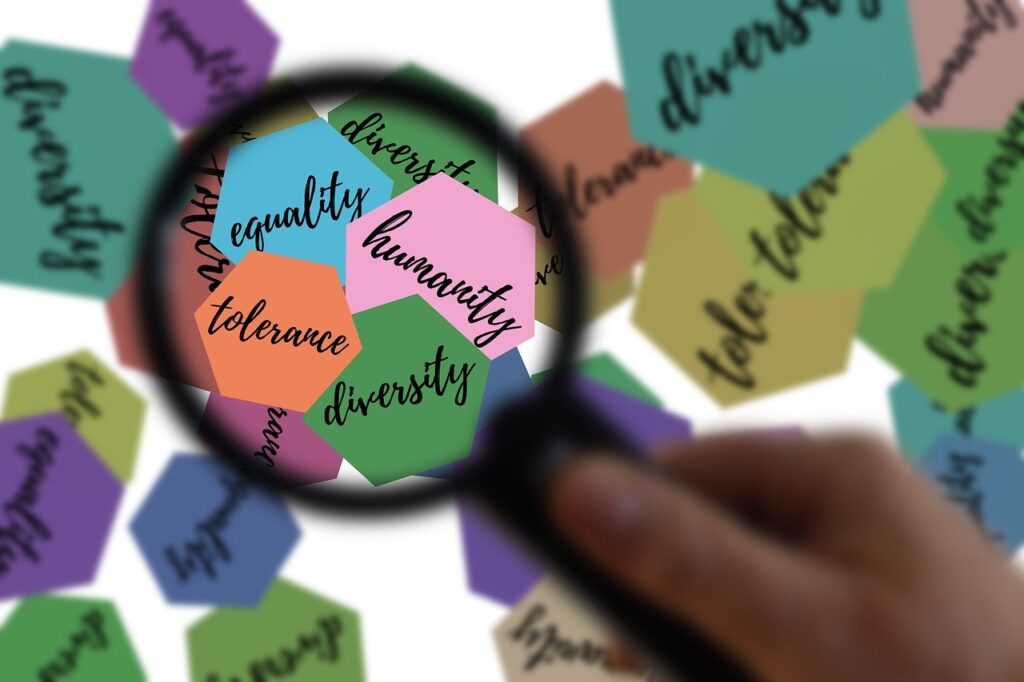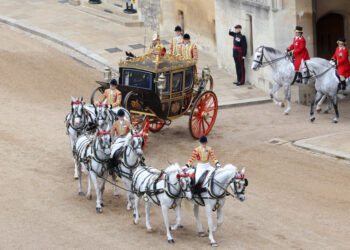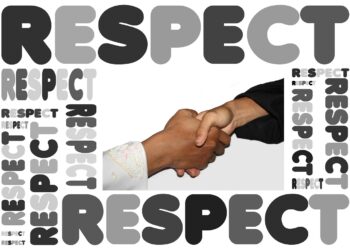In today’s interconnected world, multiculturalism plays a pivotal role in diplomacy. Multiculturalism is not just an added benefit in diplomacy; it’s a necessity. For expatriate diplomats, understanding and navigating cultural differences is crucial for fostering international relationships and achieving diplomatic success. Diplomats who can effectively engage with diverse cultures are better equipped to negotiate, resolve conflicts, and build strong, lasting international partnerships. However, this journey is fraught with challenges, particularly as diplomats face cultural shocks, adapt to new customs, and develop cultural intelligence.
Cultural Shock Stages
Expatriate diplomats often undergo cultural shock in distinct stages: initial excitement, frustration, gradual adjustment, and eventual adaptation. Upon arrival, diplomats may be fascinated by the novelty of a new environment—new foods, languages, and customs. However, this initial phase often gives way to frustration as the reality of cultural differences sets in. For instance, an American diplomat in Japan might initially be intrigued by the bowing custom but later feel isolated by the indirect communication style and language barriers. Over time, with persistent effort and support, diplomats gradually adjust, finding ways to navigate these differences and ultimately reach a stage of adaptation where the foreign culture begins to feel familiar and manageable.

Cultural Intelligence: A Key Asset
Cultural Intelligence (CQ) is the ability to understand, interpret, and respond effectively to different cultural contexts. It is an essential skill for diplomats who must engage with diverse groups and navigate complex intercultural interactions. High CQ allows diplomats to adapt their communication styles, recognize underlying cultural values, and bridge gaps in understanding. For example, a diplomat with a high CQ working in an Asian country would understand the importance of indirect communication and saving face, avoiding direct confrontations that could damage relationships.
Respecting Customs and Habits
Understanding and respecting local customs is fundamental to building trust and credibility in a host country. Each culture has its unique customs, whether it’s bowing in Japan, observing Ramadan in Middle Eastern countries, or understanding the significance of social hierarchies in India. Diplomats must be aware of these practices and incorporate them into their daily interactions. Failure to do so can lead to diplomatic faux pas, undermining the diplomat’s effectiveness and the mission’s success.

Adaptation: Blending Cultures
Adaptation is more than just learning the local language or observing customs—it’s about integrating these new experiences into both personal and professional life. This process involves adjusting to local work rhythms, understanding societal issues, and even blending in with local daily routines. For instance, a diplomat in India may need to adapt to the late-night work culture and hierarchical decision-making processes to function effectively within the local context.
References:
Ang, Soon, and Linn Van Dyne. Handbook of Cultural Intelligence: Theory, Measurement, and Applications. Routledge, 2009.
Livermore, David. Cultural Intelligence: Improving Your CQ to Engage Our Multicultural World. Baker Academic, 2009.
Thomas, David C., and Mark F. Peterson. Cross-Cultural Management: Essential Concepts. SAGE Publications, 2017.




